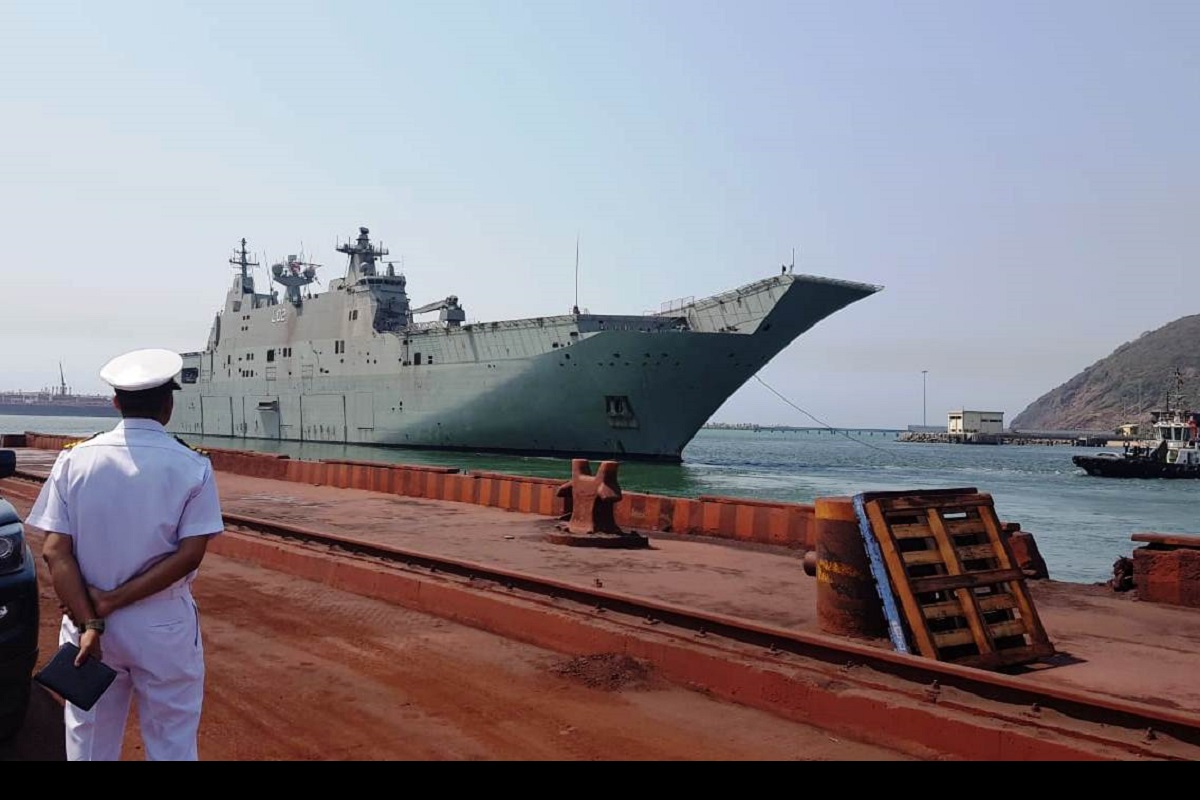Two Indian Navy ships INS Kolkata and INS Shakti will be in China next week to participate in an international fleet review to mark the 70th anniversary of the Chinese Navy, the Defence Ministry said on Friday.
The two warships, with nearly 500 men, will reach Qingdao on Sunday and were expected to sail in the evening of 22 April to participate in the naval parade of ships scheduled to be reviewed by Chinese President Xi Jinping the next day.
Advertisement
Two years ago, when India organised an international fleet review at Visakhapatnam, the People’s Liberation Army Navy (PLAN) sent two of its guided missile frigates Liuzhou and Sanya under the command of Rear Admiral rank officer from the 21 Task Force for the show.
But since then relations between the two neighbours touched a low following the Doklam crisis in which the border guarding troops had a face-off for 72 days. It took several high-level meetings to resolve the crisis.
India’s participation in the mega maritime show in China is being considered a major confidence-building measure to improve the relationship between the two neighbours.
During the harbour stay, the two Indian navy ships will be open for visit by PLAN personnel as well as by the local population. The visit of Indian Navy’s most potent destroyer and versatile fleet support ship capable of carrying 15,000 tonnes of liquid cargo and over 500 tonnes of solid cargo including victuals and ammunition will showcase India’s prowess, reach and sustainability in addition to indigenous shipbuilding capability.
The Chinese military currently focuses on expanding its naval fleet with the underlying aim of controlling the Indian Ocean region where India is a key player.











